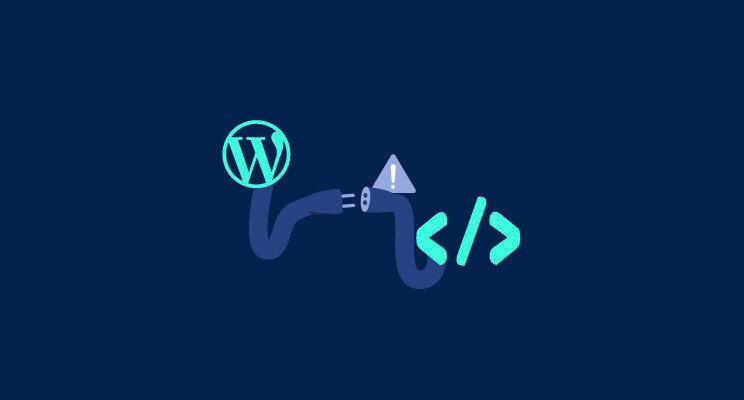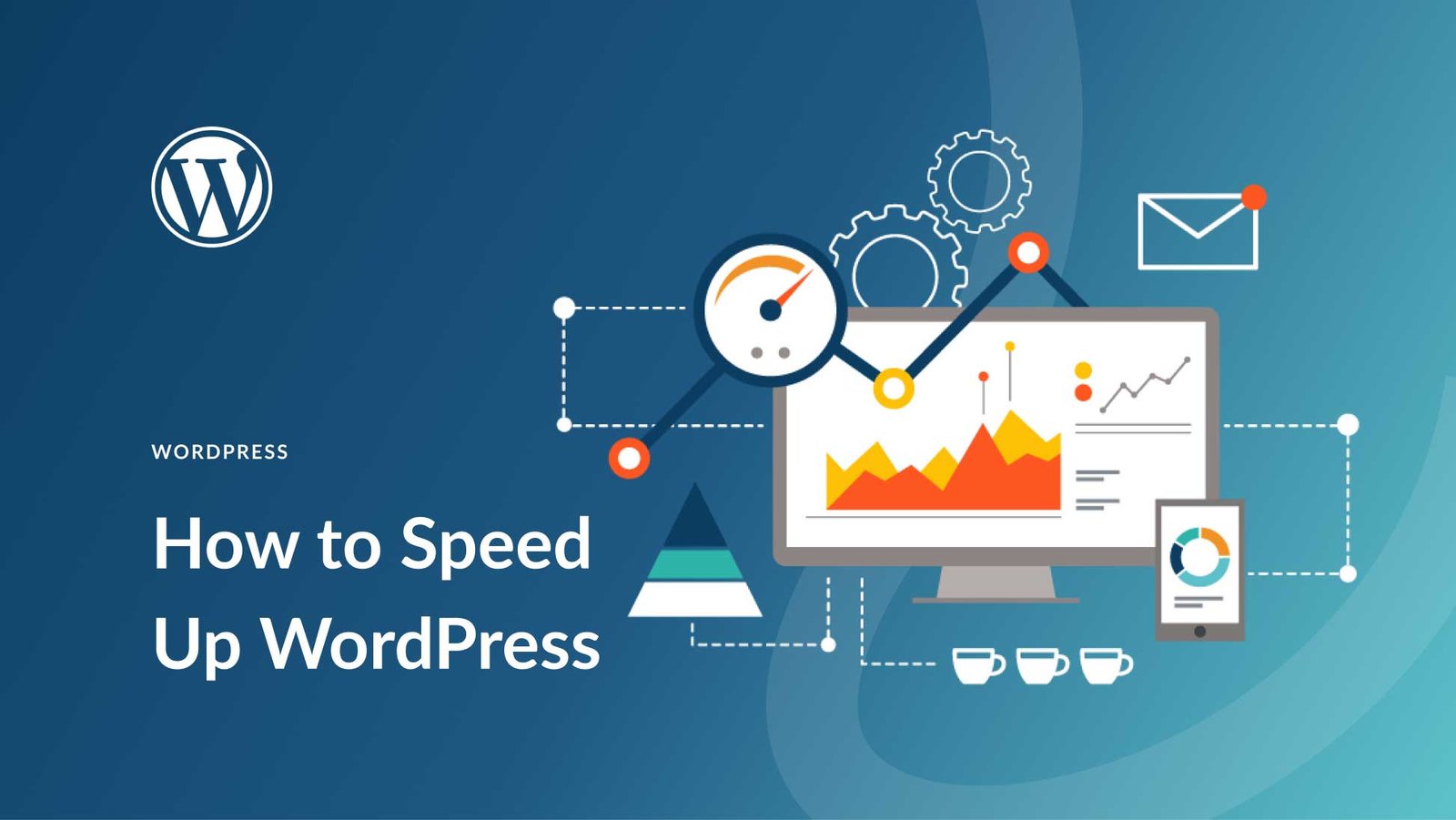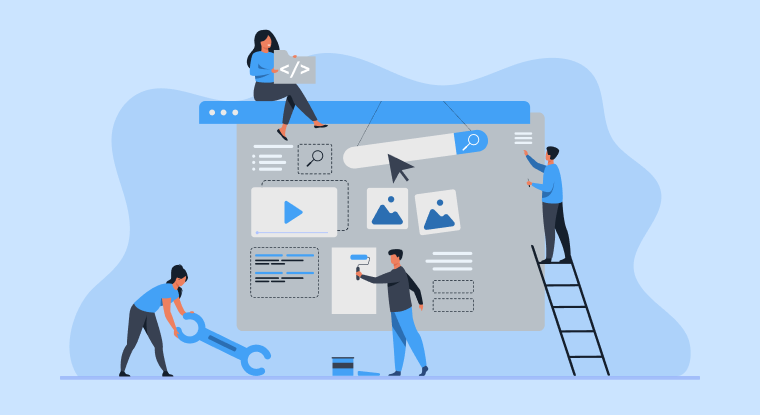WordPress is a powerful and popular platform used by millions of websites worldwide. One of its best features is the ability to add plugins to extend the functionality of a website. From SEO tools to contact forms, plugins help you do more with your WordPress site. But sometimes, plugins can also cause problems. These issues can affect your website’s performance, design, or even make your site stop working.
In this article, we will talk about the most common plugin problems in WordPress and how to fix them in simple and easy-to-understand language. Whether you’re managing your own site or working with a Web Design Company In Udaipur, this guide will help you handle plugin issues better.
Plugin Conflicts
One of the most common issues in WordPress is plugin conflict. This happens when two or more plugins don’t work well together. It can also happen if a plugin doesn’t work with your theme or with WordPress itself. When plugins conflict, your site may slow down, display errors, or stop working properly.
Solution:
To find out which plugin is causing the problem, deactivate all plugins and then activate them one by one. When the issue returns, you will know which plugin is responsible. Try replacing the problem plugin with another one that does the same job. Always keep your plugins updated to reduce chances of conflict.
Site Crashes After Plugin Installation
Sometimes, installing a new plugin can make your entire website go blank or show an error message. This can be scary, especially if you don’t know what caused it.
Solution:
If you cannot access your WordPress dashboard, use FTP or your hosting control panel to go to the “wp-content/plugins” folder. Rename the folder of the plugin you just installed. This will deactivate the plugin and should bring your site back. Then you can look for alternative plugins or contact WordPress Bug Fixing Services in Udaipur for help.
Plugin Update Issues
Plugin developers often release updates to improve features or fix bugs. But sometimes, updating a plugin can break your website. This usually happens when the update is not compatible with your theme or other plugins.
Solution:
Before updating, always back up your website. This way, you can restore it if something goes wrong. It’s also a good idea to test updates on a staging site first. If an update causes trouble, roll back to the older version using a plugin like WP Rollback.
Slow Website Performance
Some plugins use a lot of resources, especially if they run too many scripts or make heavy database queries. This can make your website slow to load, which can affect user experience and SEO.
Solution:
Check your website’s speed using tools like GTmetrix or PageSpeed Insights. If a plugin is slowing down your site, look for a lighter alternative. Try to use only the plugins you really need. Also, avoid using multiple plugins that do similar tasks.
Broken Layout or Design
After installing a new plugin, you might notice that parts of your site’s design are broken. Maybe the menu looks strange or a section doesn’t show up correctly. This often happens due to CSS conflicts or JavaScript errors caused by the plugin.
Solution:
Use your browser’s developer tools (usually by pressing F12) to inspect the issue. Try disabling the plugin to see if the layout goes back to normal. If yes, then you can either stop using that plugin or contact its developer for help. A reliable Web Design Company In Udaipur can also help resolve design-related plugin issues.
Plugin Not Working as Expected
Sometimes, plugins don’t perform the function they are supposed to. Maybe a contact form doesn’t send emails, or an SEO plugin doesn’t generate a sitemap. These problems can be frustrating and confusing.
Solution:
Check the plugin’s settings carefully. Many plugins need extra steps to work properly, like API keys or connecting to other services. Also, read the plugin documentation or support forums. Make sure the plugin is compatible with your WordPress version.
Too Many Plugins Installed
While plugins are useful, using too many can create problems. They can slow down your site, increase the risk of conflicts, and make management more difficult.
Solution:
Review all your plugins regularly. Deactivate and delete the ones you are not using. If multiple plugins do similar tasks, pick one and remove the rest. Try to keep your plugin list short and efficient.
Plugin Security Issues
Some plugins are not well-coded or are no longer maintained, which can create security risks. Hackers may exploit such plugins to gain access to your site.
Solution:
Always download plugins from trusted sources like the official WordPress plugin directory. Check the last update date, number of active installs, and reviews. Use a security plugin to scan your site regularly. Also, keep all your plugins updated.
Auto-Update Problems
WordPress now supports auto-updates for plugins. While this is helpful, sometimes automatic updates can cause issues without you even knowing.
Solution:
If you want more control, turn off auto-updates and update plugins manually after checking if they are safe. Alternatively, use a staging site to test auto-updates before pushing them live. The team at Udaipur Web Designer recommends monitoring your website regularly to spot issues early.
Plugin Deactivation and Data Loss
Some plugins delete their data when they are deactivated or removed. This can result in losing forms, settings, or other important information.
Solution:
Before removing a plugin, check its documentation to see if it deletes data. If it does, export or back up the data first. Some plugins offer options to keep data even after deactivation. Use those settings when available.
Conclusion
WordPress plugins are a great way to improve your website, but they can also bring problems if not handled carefully. Understanding the common issues and their solutions helps you manage your site better. Whether you’re managing your own website or working with professionals like Udaipur Web Designer, it’s important to be cautious and informed. If problems become too complex, don’t hesitate to seek expert WordPress Bug Fixing Services in Udaipur to get your site back on track.




